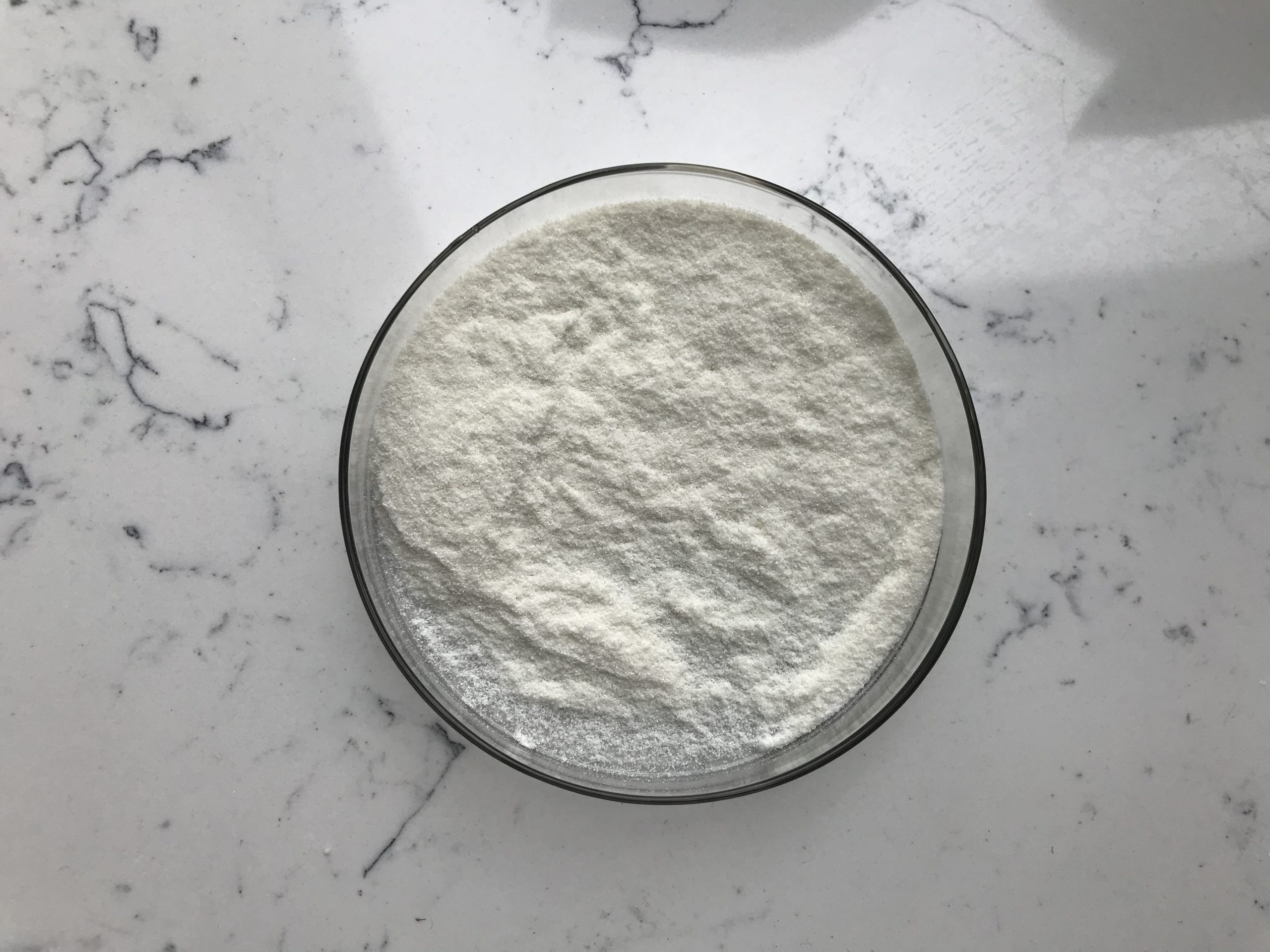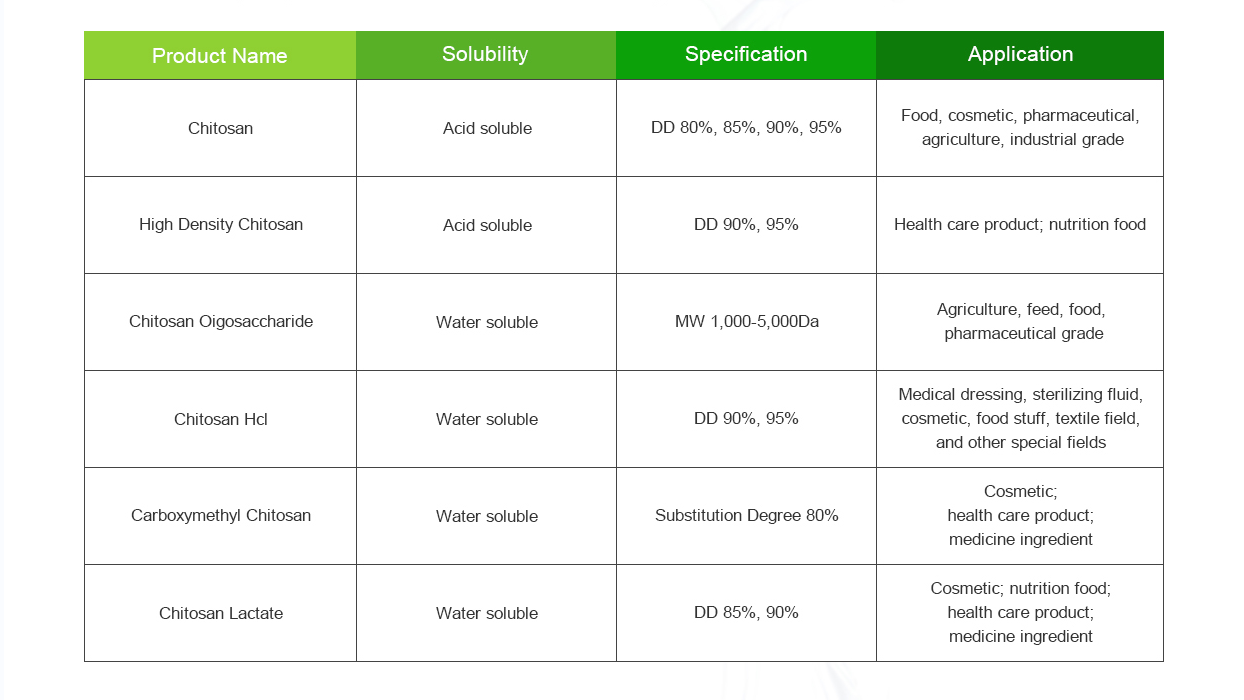Chitosan is a natural polymer derived from chitin, which is found in the shells of crustaceans like shrimp, crabs, and lobsters. It has gained attention for its potential health benefits, although some of its claimed effects are still being studied and debated within the scientific community.
Benefits of Chitosan
Weight Management: Chitosan has been marketed as a weight loss aid. It is believed to work by binding to dietary fats in the digestive tract, preventing their absorption and subsequent storage in the body. Some studies suggest that chitosan may have a modest effect on reducing fat absorption, but its overall impact on weight loss is still debated and may not be significant on its own.

Cholesterol Reduction: Some research indicates that chitosan might help lower LDL (“bad”) cholesterol levels in the blood. It is thought to bind to cholesterol and bile acids, promoting their excretion from the body. However, the extent of this effect and its long-term impact on cardiovascular health are still subjects of investigation.
Blood Sugar Regulation: Chitosan has been explored for its potential to help regulate blood sugar levels. It may slow down the absorption of sugars and carbohydrates from the digestive tract, which could be beneficial for individuals with diabetes or those at risk of developing the condition. Further research is needed to fully understand its role in blood sugar management.
Wound Healing: Chitosan’s properties, such as its biocompatibility and antimicrobial activity, make it potentially useful for wound healing and tissue regeneration. It has been investigated for its ability to accelerate wound closure, reduce infection risk, and promote tissue repair.
Dental Health: Chitosan’s antimicrobial properties could be beneficial for oral health. It has been explored for its potential to inhibit the growth of bacteria that contribute to tooth decay and gum disease.
Cosmetic and Skincare Applications: Chitosan’s film-forming and moisturizing properties make it a potential ingredient in cosmetics and skincare products. It may help improve skin barrier function and hydration.
Water Purification: Chitosan has been investigated for its ability to remove contaminants from water, including heavy metals and organic pollutants. Its positively charged molecules can bind to negatively charged particles, facilitating their removal from water sources.
It’s important to note that while these potential benefits of chitosan are intriguing, more rigorous scientific research is needed to fully understand its mechanisms of action, effectiveness, and safety profile. As with any supplement or health intervention, it’s advisable to consult with a healthcare professional before incorporating chitosan into your routine, especially if you have underlying health conditions or are taking other medications.
The basic element of the Chitosan
The basic element of chitosan is a natural biopolymer called chitin. Chitosan is derived from chitin through a deacetylation process, during which some of the acetyl groups in chitin are removed, resulting in a polymer with different properties and characteristics. Chitin itself is a major structural component found in the shells of crustaceans (such as shrimp, crabs, and lobsters) and the cell walls of fungi.

Chitosan has various applications due to its unique properties, including its biocompatibility, biodegradability, and ability to interact with other substances. It is used in various industries, including agriculture, medicine, food processing, and environmental science, for purposes such as wound healing, drug delivery, water purification, and as a dietary supplement.
